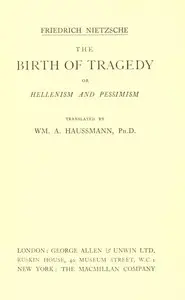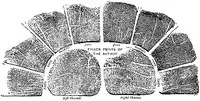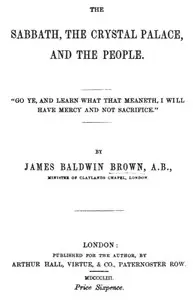"On the Future of Our Educational Institutions" by Friedrich Wilhelm Nietzsche is a philosophical exploration of education, likely written in the late 19th century. The work addresses the current state and future of educational institutions, specifically the German school system, examining its purpose in relation to culture and knowledge. Nietzsche critiques the prevailing educational practices of his time, expressing concerns over a superficial approach to education that prioritizes utility and conformity over genuine cultural development. At the start of the text, Nietzsche presents a preface outlining his expectations for readers and the tone he wishes to adopt. He emphasizes the need for calm contemplation rather than hurried consumption of ideas. The opening portion includes a detailed discussion where Nietzsche reflects on a conversation between a philosopher and his companion about the future of education, marking a stark contrast between the then-current educational methods focused on expansion and mediocrity, and his ideal of a more profound cultural education. The dialogue unfolds Nietzsche's philosophical perspectives on the necessity for true learning, which transcends mere vocational training, positing a call for a renaissance in educational thought that aligns with the deeper needs of humanity. (This is an automatically generated summary.)

On the Future of our Educational Institutions
By Friedrich Wilhelm Nietzsche
"On the Future of Our Educational Institutions" by Friedrich Wilhelm Nietzsche is a philosophical exploration of education, likely written in the late...
Friedrich Wilhelm Nietzsche was a German classical scholar, philosopher, and critic of culture, who became one of the most influential of all modern thinkers. He began his career as a classical philologist before turning to philosophy. He became the youngest person to hold the Chair of Classical Philology at the University of Basel in Switzerland in 1869, at the age of 24, but resigned in 1879 due to health problems that plagued him most of his life; he completed much of his core writing in the following decade. In 1889, at age 44, he suffered a collapse and afterward a complete loss of his mental faculties, with paralysis and probably vascular dementia. He lived his remaining years in the care of his mother until her death in 1897, and then with his sister Elisabeth Förster-Nietzsche. Nietzsche died in 1900, after experiencing pneumonia and multiple strokes.


















